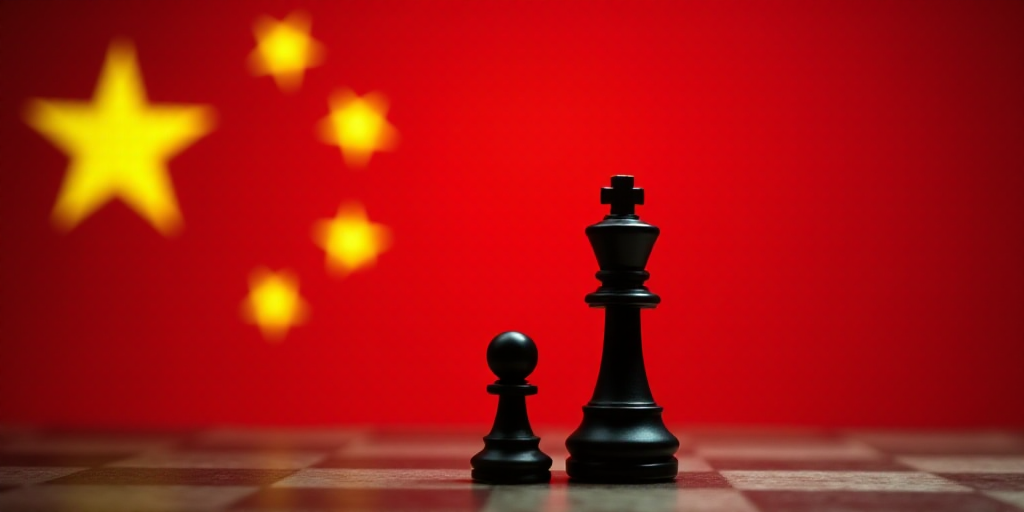Background on Key Figures and Context
In recent years, the economic relationship between China and the United States has been marked by trade disputes and tariff impositions. The current situation escalated when Donald Trump returned to the White House in January, leading to new tariffs from the U.S. on Chinese imports, with rates reaching up to 145%. China responded by imposing tariffs of 125% on certain U.S. products, while maintaining openness to negotiation if the U.S. took the first step.
Announcement of Trade Negotiations
Both governments announced that high-ranking officials from China and the United States will meet in Switzerland to initiate negotiations on the trade dispute that has shaken global financial markets and international commerce. The Chinese Ministry of Foreign Affairs stated that the Chinese delegation will be led by Vice Premier He Lifeng.
U.S. Delegation
The U.S. delegation, consisting of Treasury Secretary Scott Bessent and the United States Trade Representative (USTR) Jamieson Greer, will represent Washington in these negotiations. Bessent expressed his hope for productive conversations while working to rebalance the international economic system and better serve U.S. interests.
Chinese Delegation and Preparations
He Lifeng, a member of the Political Bureau of the Central Committee of the Communist Party of China, will lead the Chinese delegation during his visit to Switzeron from May 9-12 at the invitation of the Swiss government. The Chinese Ministry of Commerce emphasized that these negotiations will address industry and consumer calls from the U.S., while also stressing that China will not compromise its principles or international fairness for an agreement.
China’s Measures to Support Its Economy
Alongside the trade negotiations, China has announced a series of measures to bolster its economy amidst low domestic consumption and the effects of the trade war with Washington. The People’s Bank of China has reduced the required reserve ratio for banks by 0.5% to ease credit and cut the reverse repurchase rate by one decimal point to increase liquidity.
- The reduction in reserve ratio aims to make it easier for businesses and individuals to access credit, thereby stimulating investment and spending.
- The decrease in the reverse repurchase rate is intended to inject more liquidity into the financial system, encouraging banks to lend more and support economic growth.
Additionally, China has lowered mortgage interest rates for first-time homebuyers, aiming to reinvigorate the debt-laden real estate sector.
Key Questions and Answers
- Who will lead the Chinese delegation in negotiations? Vice Premier He Lifeng will lead the Chinese delegation.
- When and where will the negotiations take place? The negotiations are scheduled to occur in Switzerland from May 9-12.
- What measures has China announced to support its economy? China has implemented monetary policies, such as reducing the required reserve ratio and reverse repurchase rate, along with lowering mortgage interest rates to stimulate investment and spending.






